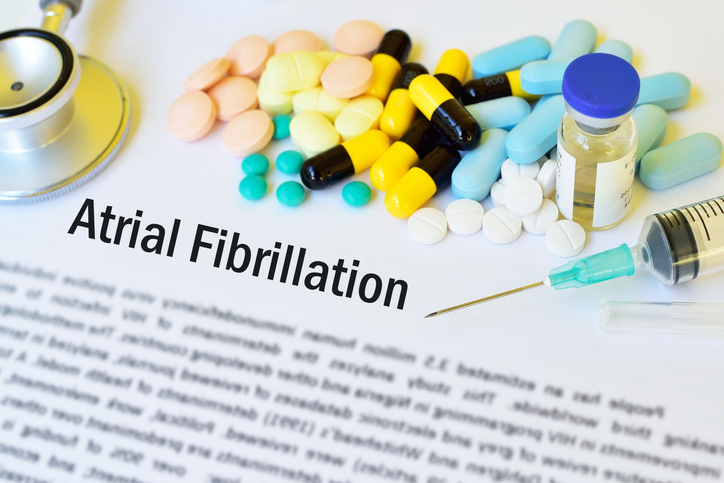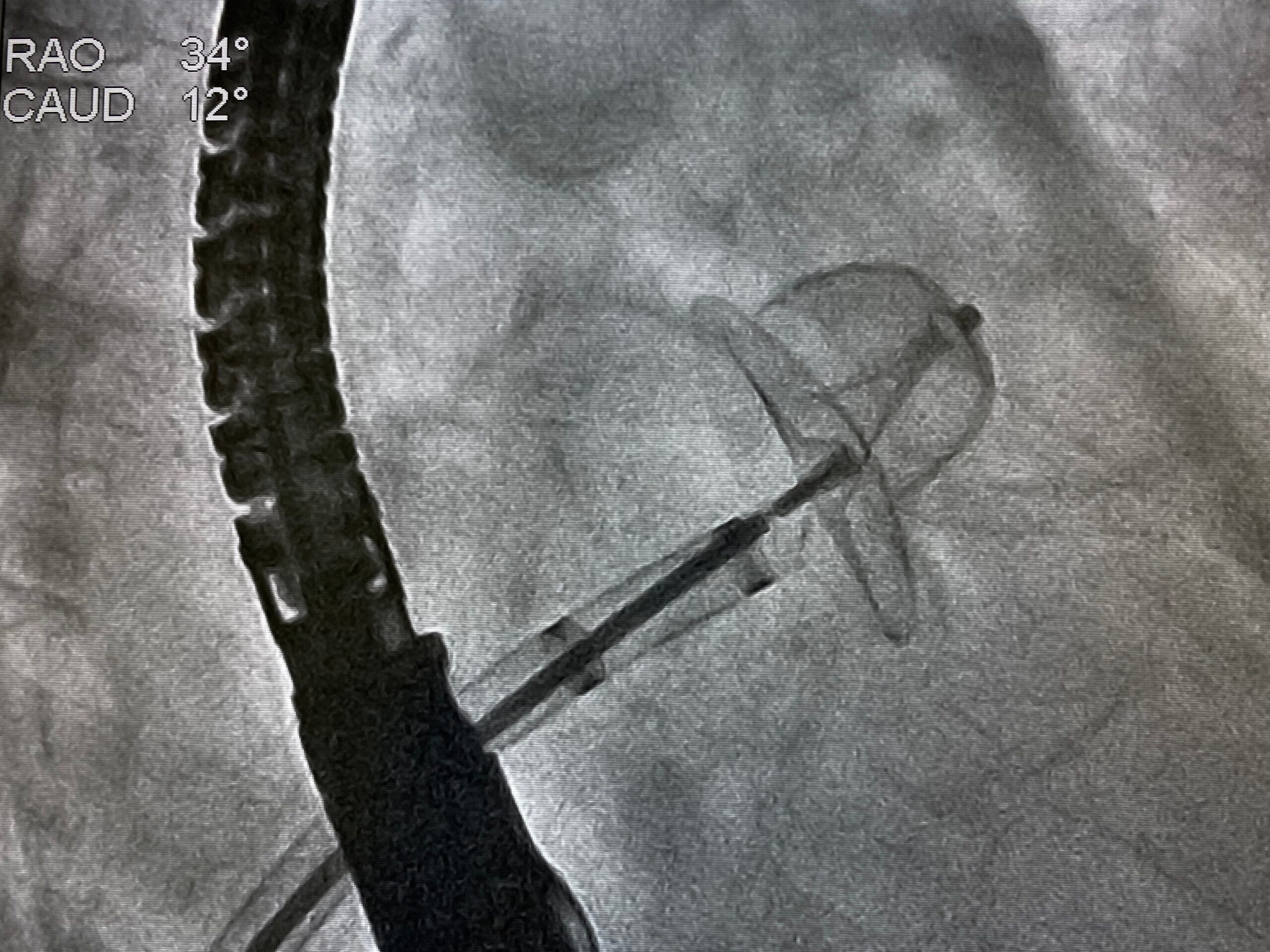
According to Aminah Abdul Razzack and colleagues, it is uncertain if first-line early catheter ablation for atrial fibrillation (AF) could improve outcomes compared with typical antiarrhythmic drugs. They conducted a meta-analysis of published randomized clinical trials (RCTs) and reported that first-line catheter ablation “was associated with a significantly lower rate of tachyarrhythmia recurrence compared to conventional antiarrhythmic drugs, with a similar adverse effect risk profile.”
The study, published in Reviews in Cardiovascular Medicine, included six RCTs with a total of 1,212 patients, of which 609 received catheter ablation and 603 received antiarrhythmics. The primary measure of the analysis was first recurrence of any atrial tachyarrhythmia for the two therapies, while additional outcomes included symptomatic atrial tachyarrhythmias or serious adverse events. The Mantel-Haenszel method was used to perform the statistical calculations.
Investigators observed that patients who received catheter ablation were less likely to experience any recurrent symptomatic or asymptomatic atrial tachyarrhythmias (AF, atrial flutter, and atrial tachycardia) compared with patients who received antiarrhythmic drugs (risk ratio [RR] = 0.63; 95% confidence interval [CI], 0.55–0.73; p <0.00001). Additionally, “symptomatic atrial tachyarrhythmia was also lower in the ablation arm,” according to the authors (RR 0.53; 95% CI 0.32–0.87; p = 0.01). However, no statistically significant differences were seen between the groups for any type of adverse events (RR = 0.93; 95% CI, 0.68–1.27; p = 0.64) or cardiovascular events (RR = 0.90; 95% CI, 0.56–1.44; p = 0.65).
The authors ultimately proposed that their findings “support a catheter ablation strategy as first-line therapy among patients with symptomatic paroxysmal atrial fibrillation.”







 © 2025 Mashup Media, LLC, a Formedics Property. All Rights Reserved.
© 2025 Mashup Media, LLC, a Formedics Property. All Rights Reserved.